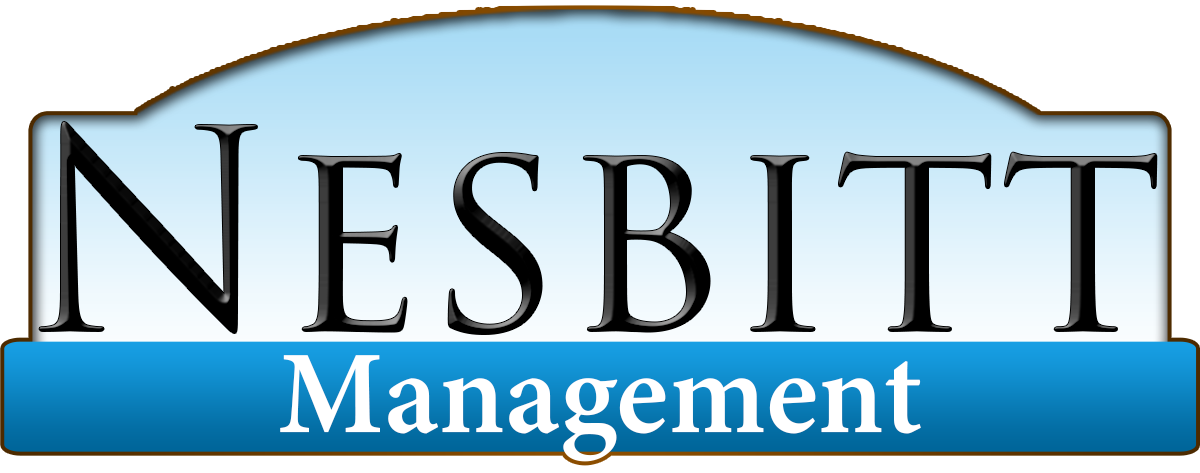Homeowners associations (HOAs) play a crucial role in maintaining the quality and value of residential communities. Effective management is essential for ensuring that the community runs smoothly, adheres to its governing documents, and provides a pleasant living environment for all residents. At Nesbitt Realty, we understand the complexities of managing HOAs and the significant benefits that professional property management can bring. Here’s why professional property management is so important for HOAs.
1. Expertise and Experience
Professional property management companies bring a wealth of knowledge and experience to the table. They understand the intricacies of HOA governance, legal requirements, and best practices for maintaining community standards. With their expertise, they can:
- Navigate complex legal and regulatory issues
- Implement effective maintenance and improvement plans
- Ensure compliance with local and state laws
- Manage financial operations accurately and efficiently
2. Efficient Financial Management
One of the most critical aspects of HOA management is handling finances. Professional property management firms provide robust financial services, including:
- Budget preparation and management
- Assessment collection and delinquency follow-up
- Financial reporting and transparency
- Reserve fund management
Effective financial management helps ensure that the HOA can meet its obligations, fund necessary projects, and maintain financial stability.
3. Enhanced Property Maintenance
Keeping the community well-maintained is vital for preserving property values and resident satisfaction. Professional property managers coordinate regular maintenance and repairs, including:
- Landscaping and common area upkeep
- Pool and recreational facility maintenance
- Building and infrastructure repairs
- Vendor management and contract negotiations
By proactively managing maintenance, they ensure that the community remains attractive and functional, preventing small issues from becoming costly problems.
4. Improved Communication and Resident Relations
Clear, consistent communication is essential for fostering a harmonious community. Professional property management companies facilitate effective communication by:
- Managing newsletters and community updates
- Organizing community meetings and events
- Providing a centralized point of contact for resident concerns and inquiries
- Using technology to streamline communication (e.g., community websites, apps)
Good communication helps build trust, ensures residents are informed, and promotes community engagement.
5. Enforcement of Rules and Regulations
HOAs have rules and regulations designed to maintain order and protect property values. Professional property managers ensure these rules are fairly and consistently enforced. They handle:
- Monitoring compliance with community rules
- Issuing violation notices
- Managing the appeals process
- Resolving disputes between residents
Consistent enforcement of rules helps maintain the community’s standards and ensures a fair living environment for all residents.
6. Risk Management and Legal Compliance
Managing an HOA involves navigating various risks and legal obligations. Professional property managers help mitigate these risks by:
- Ensuring compliance with local, state, and federal laws
- Managing insurance policies and claims
- Developing and implementing risk management strategies
- Keeping the board informed about legal changes and implications
By staying on top of legal and regulatory issues, they help protect the HOA from potential liabilities.
7. Strategic Planning and Community Development
A successful HOA requires strategic planning to achieve long-term goals. Professional property management companies assist with:
- Developing and updating the community’s strategic plan
- Planning and executing capital improvement projects
- Conducting reserve studies to ensure financial preparedness
- Facilitating board training and development
Strategic planning ensures that the community is well-positioned for future growth and improvement.
8. Board Support and Training
HOA board members are typically volunteers who may lack professional management experience. Professional property managers provide essential support and training, including:
- Preparing for and conducting board meetings
- Providing legal and procedural guidance
- Offering training on governance best practices
- Assisting with board elections and transitions
With this support, board members can make informed decisions and effectively lead the community.
Conclusion
Professional property management is crucial for the effective operation of HOAs. It brings expertise, efficiency, and a strategic approach to managing the community, ensuring that residents enjoy a well-maintained, harmonious living environment. At Nesbitt Realty, we are committed to providing top-notch property management services that enhance the quality of life in HOA communities.
If you’re interested in learning more about how our professional property management services can benefit your HOA, please contact us. Let’s work together to create a thriving, well-managed community.
